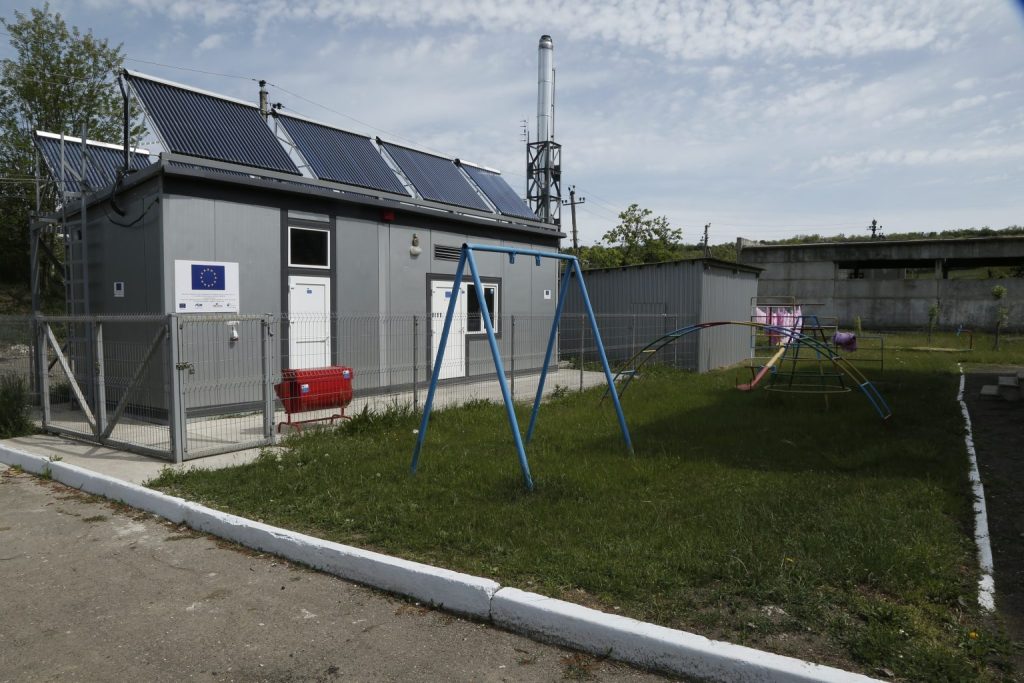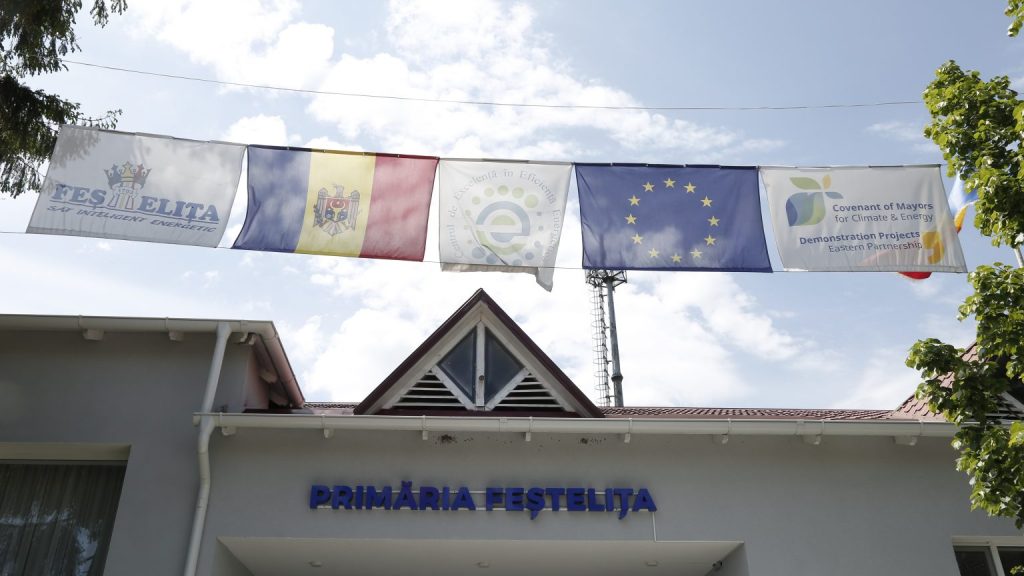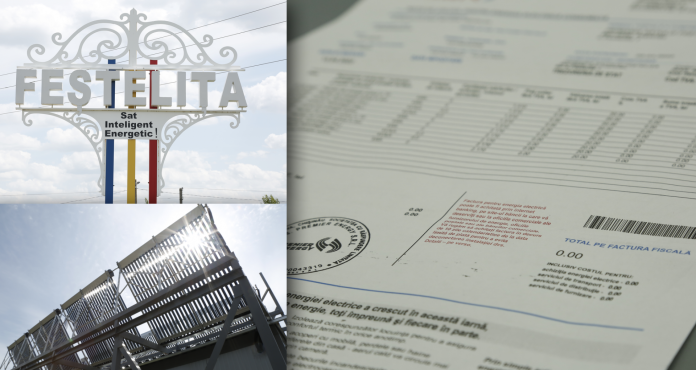The first energetically intelligent village in the Republic of Moldova is located at almost 100 km from Chisinau. In this locality, the authorities installed an intelligent street lighting system, biomass boilers and solar panels and a photovoltaic park was built on the site of a former unauthorized garbage. Due to the alternative energy sources, four public institutions receive utility invoices with much smaller amounts than before or even with zero lei.

“We did not think that we will perform these actions in a deep energy crisis, but the testing of the respective technologies has proven to us that the results of this project are for the benefit of our community,” says Mayor Nicolae Tudoreanu.
The money saved due to the projects implemented in the village are redirected to other needs. At the same time, the mayor points out that, with the unfolding of the energy crisis, more and more colleagues from other villages contact him to ask for advice.
“At the moment, the institution has a zero utility invoice,” says the deputy director of the gymnasium and the director of the kindergarten.

Mayor Nicolae Tudoreanu emphasizes that a better mathematics of the results of the energy efficiency projects can be seen in the autumn, at the time of their implementation.
One million euros to change the village. In April 2017, the European Commission launched the “Action Plan of the European Union on smart villages”. These have been highlighted as a priority to help local communities and are considered centers in which locals and decision makers test innovative solutions to challenges in rural areas.
In the same year, the European Commission has launched a proposal call for projects for the countries of the Eastern Partnership. The City Hall of the Feștelița submitted the documents and assumed the creation of an energy efficiency center, which included the construction of four biomass boilers and building plantations for the production of biomass, the installation of solar collectors at the kindergarten, photovoltaic panels on public buildings and the thermal insolation of public buildings.

The implementation of this project lasted three years and, additionally, the local public authorities have obtained funding from the United Nations Development Program for the thermal isolation of the school, but have contracted from NEFCO (Nordic Environment Finance Corporation) a preferential loan.
“The total value amounted to over one million euros and we have achieved all the activities provided by the Sustainable Energy Action Plan,” says Nicolae Tudoreanu, mayor of Festelița.
The village has changed, admit the villagers. Some say they would like to have solar panels at home, and others mention that they take advantage of street lighting to save the electricity consumed in the household.
Source: Zdg.md

Follow us on FACEBOOK!


